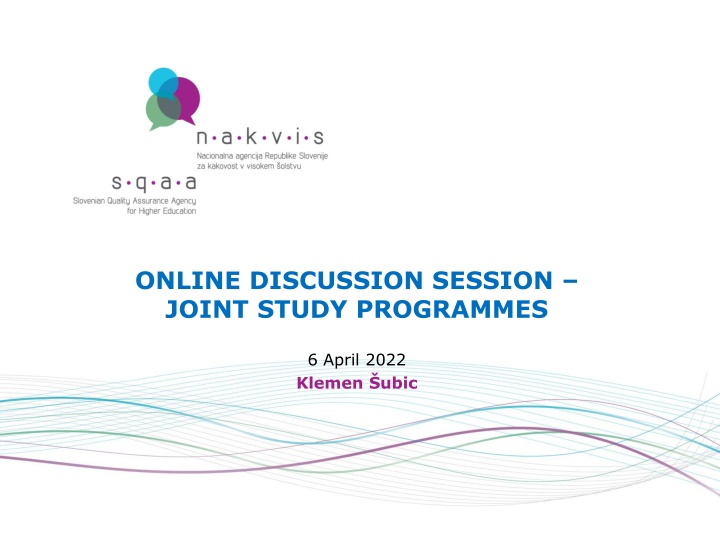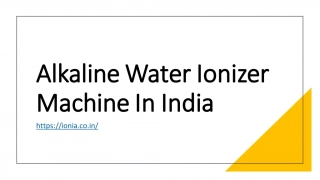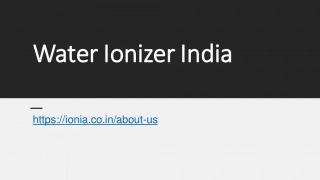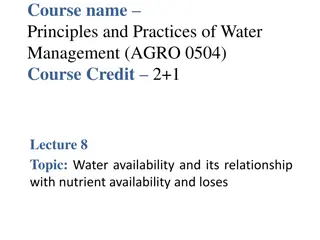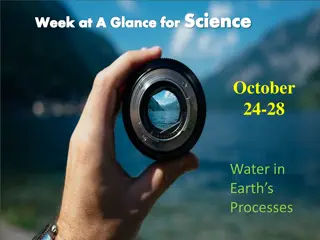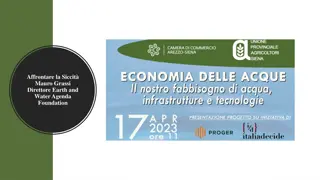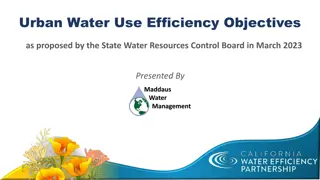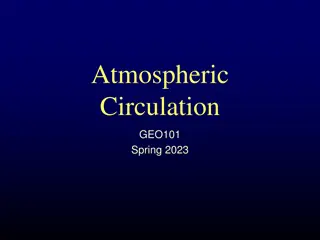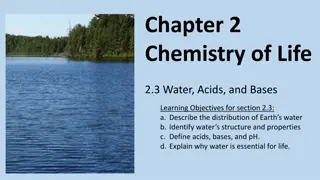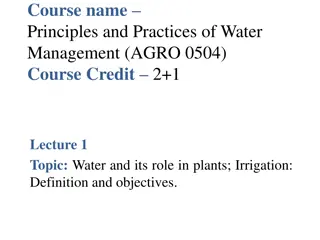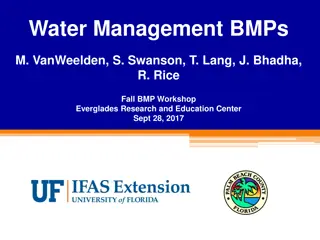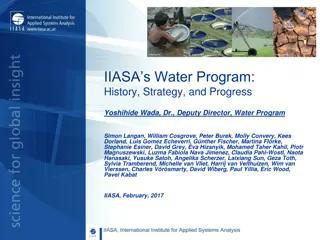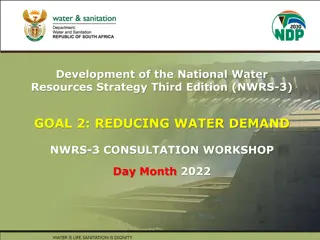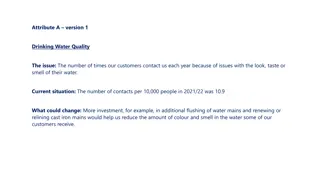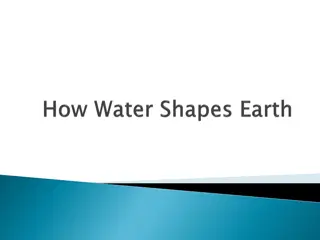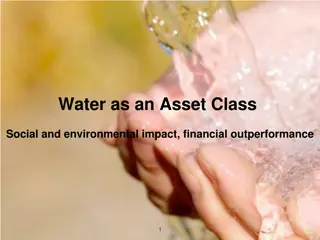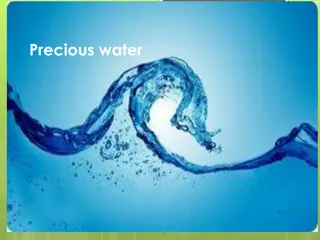Water for Wheaties – Enhancing Earth's Agriculture
Dive into a captivating third-grade lesson plan by the GPM Education Team on utilizing NASA satellite data to improve farming. Explore the importance of water resources for agriculture and the impact on crop cultivation worldwide. Discover the vital role of freshwater in farming practices and cultivation techniques.
Download Presentation

Please find below an Image/Link to download the presentation.
The content on the website is provided AS IS for your information and personal use only. It may not be sold, licensed, or shared on other websites without obtaining consent from the author.If you encounter any issues during the download, it is possible that the publisher has removed the file from their server.
You are allowed to download the files provided on this website for personal or commercial use, subject to the condition that they are used lawfully. All files are the property of their respective owners.
The content on the website is provided AS IS for your information and personal use only. It may not be sold, licensed, or shared on other websites without obtaining consent from the author.
E N D
Presentation Transcript
ONLINE DISCUSSION SESSION JOINT STUDY PROGRAMMES 6 April 2022 Klemen ubic
Joint study programmes International joint study programmes are programmes accepted and implemented by at least two HEIs from different countries (added value!). What type of education are NOT considered a JOINT study programmes: - they were not designed and accepted by all participating higher education institutions and this is not evident from the consortium agreement; - enable partial study abroad according to the principle of mobility exchanges of students or teachers: E+ mobility (mutual content and organisational structure); - are implemented as cross-border (TNE) education.
Joint study programmes A graduate who completes all the obligations under the joint study programme is awarded a Joint Diploma, which is a public document (recognized). The content and form of the Joint Diploma and of the Diploma Supplement are determined by the participating HEIs and should be publically available. The participating HEIs may agree to award their own diplomas instead of a Joint Diploma but issue only one (joint) Diploma Supplement.
Joint study programmes Basic requirements for HEIs, involved in joint study programmes: - all HEIs involved must be accredited or duly recognized by the national authorities (in the country where they operate and are registered) - the shares of engagement and obligations of all HEIs involved (design, planning, organization, management, sel- evaluation, conduct) are appropriately distributed and substantiated in terms of content and implementation
Consortium/cooperation agreement - way of cooperation (joint services and bodies) and clear distributions of responsibilities, duties and obligations - the share, study units or subjects to be carried out by each HEI (distributed equaly) - uniform conditions for enrollment, promotion and completion of studies - number of ECTS, awarded by each HEI - language of instuction - payment and financing of studies(tuition fees) - regular self-evaluation (at the level of the programme not HEI), involvement of all stakeholders from all partner HEIs (Consoritum accountability) - content and form of the joint diploma or provisions on individual diplomas - joint diploma supplement - acquiring and achieving competencies and learning outcomes; - ensuring the rights of students, teachers and stakeholders participating in the programme;
Accreditation, evaluation, changes Accreditation and evaluation procedures are usually simmilar to procedures of national study programmes, also criteria and standars for assessment. Recommended changes to the study programmes must be accepted at the Consortia level, not at the level of individual HEI.
Challenges several national accreditations conducted simultaneously or sequentially (diverse standards of assessment, criteria, validity of accreditation) to many different national criteria and fragmentation of the process accreditation of parts of the programme conducted and organized by the domestic HEI often lenghty and heavely bureaucratic procedures high probability of different decisions
European approach European approach to facilitate often complicated and demanding accreditation procedures of one joint study programme. Advantages: 1 accreditation procedure focus is on the entire study programme, not its fragments 1 set of standards of assessment 1 group of experts 1 site visit 1 accreditation/evaluation report 1 decision Mutual recognition (2012 Bucharest Communique)
Thank you! Klemen.subic@nakvis.si
